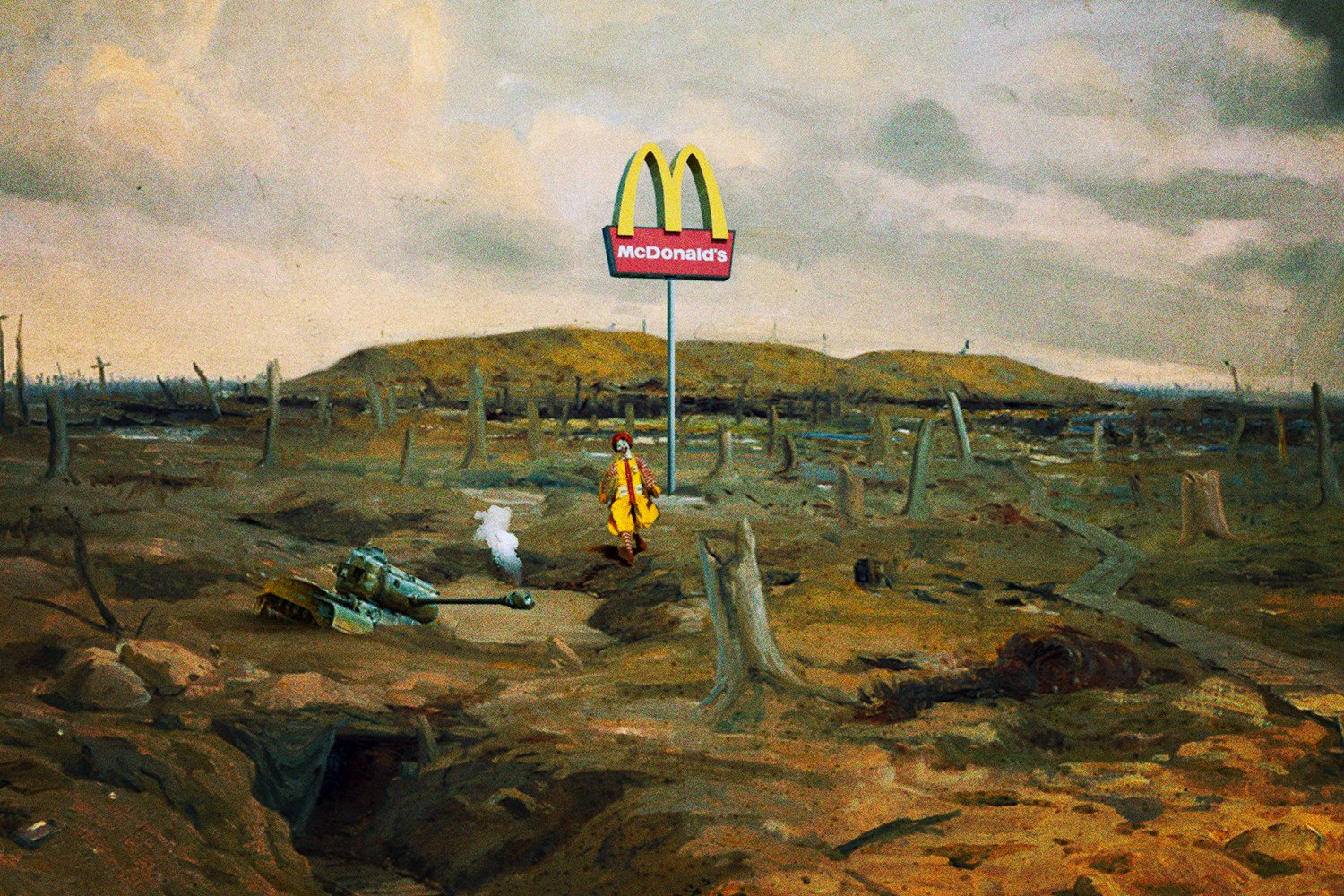There is a theory that armed conflict is impossible between countries where famous fast food restaurants are open. We checked whether this is actually true.
This hypothesis was first expressed by journalist and three-time Pulitzer Prize winner Thomas Friedman. At the end of 1996 he published in The New York Times article Foreign Affairs Big Mac I, in which he formulated the following assumption: there are no two countries that have a McDonald's restaurant and that have ever fought against each other. Subsequently, it was called the “golden arch theory” after the company logo. In his text, Friedman cites a conversation with one of the company's executives, confirming his observations. Although the journalist makes a reservation that his hypothesis is not entirely serious, three years later he developed it into a quickly becoming bestseller book The Lexus and the Olive Tree.
Despite the fact that the original formulation refers to armed conflicts that have already ended, Friedman argues that his observation also applies to the future. According to him, the opening of a McDonald's restaurant is an illustration of the process of globalization, during which a country reaches a certain level of development and at the same time becomes so integrated into the world economy that “creating problems” such as military action becomes unprofitable. However, Friedman also gives the opposite version in a note from 1996. Francis Fukuyama, author of the famous essay "End of story?", objected to the journalist that in the next ten years there will certainly be a war between countries with McDonald’s.
In his 1996 article, Friedman did not specify what exactly he meant by “war,” saying only that civil wars did not fall under his hypothesis. Nevertheless, his assumption was refuted quite quickly. First McDonald's in Yugoslavia opened in 1988 in Belgrade - 11 years later the city bombed forces of NATO countries, which also worked restaurants of this chain. It is noteworthy that Belgrade McDonald's before the start of the armed conflict was a source of pride for Serbs and the envy of other nationalities, and during the bombing it became a shelter for townspeople.
There are other examples, if not full-fledged wars, then of armed conflicts and special operations that took place between the two countries in which McDonald’s operated. Thus, in 1989, American troops invaded to Panama to overthrow local leader Manuel Noriega (McDonald's works in the country since 1971). During the conflict in South Ossetia in 2008, Russia carried out “an operation to force Georgia to peace,” and the first McDonald’s opened in Tbilisi back in the late 1990s.
Cover photo: Nicolás Ortega for Foreign Policy
Not true
- Snopes. Have Two McDonald's-Containing Countries Ever Been at War with Each Other?
- Paul Musgrave (Foreign Policy). The Beautiful, Dumb Dream of McDonald's Peace Theory
If you find a spelling or grammatical error, please let us know by highlighting the error text and clicking Ctrl+Enter.







